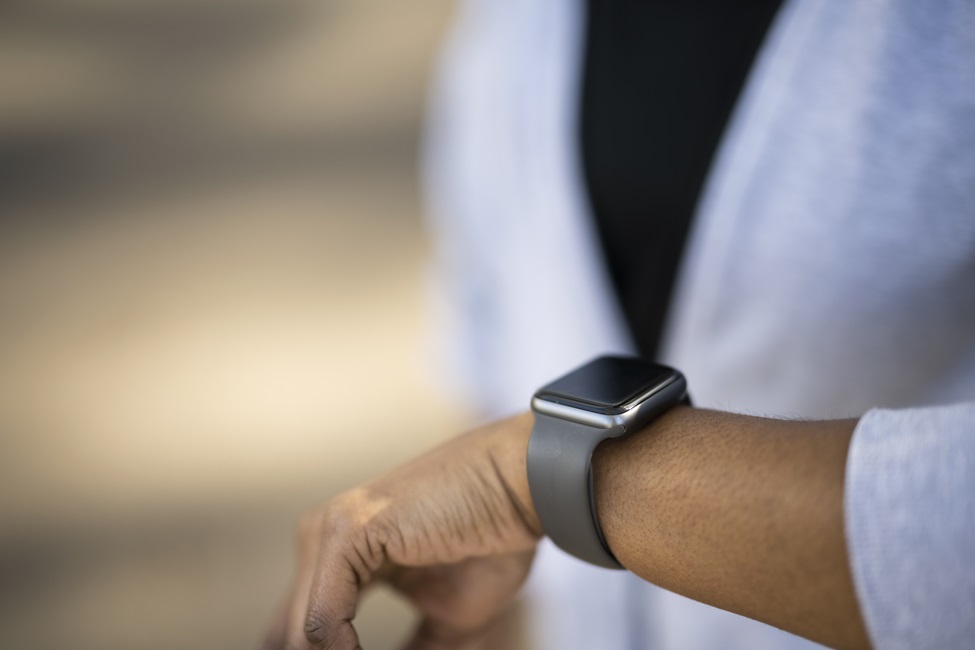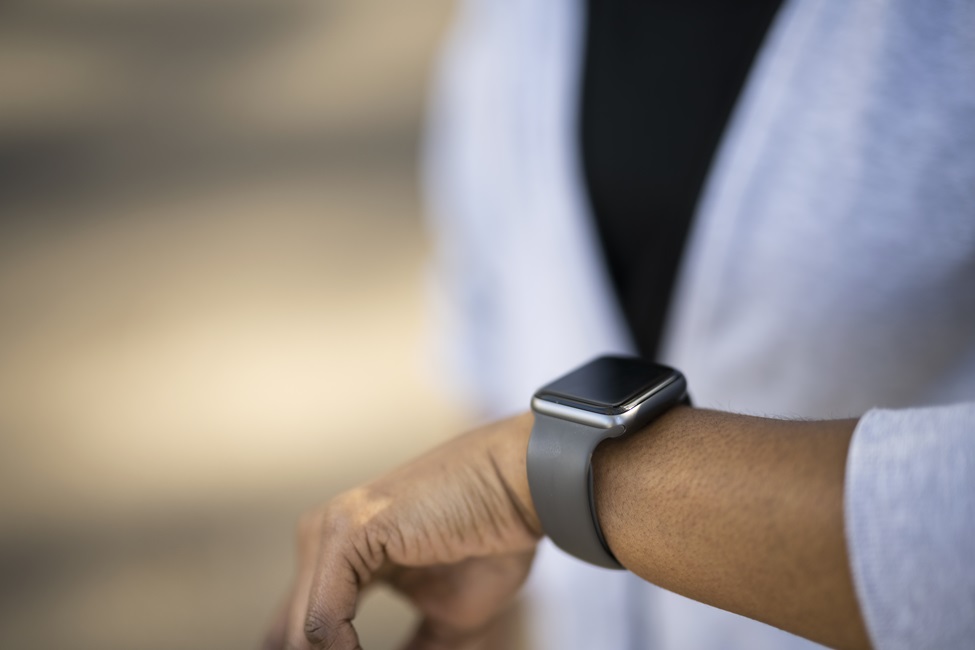Generations ‘Sync’ Up in Rural ‘Glades’ to Boost Health Tech Use
Given the growing role of mobile technology in supporting older adults, researchers at Florida Atlantic University (FAU) have tested an intergenerational program to help older adults adopt mobile health technology using smartwatches in a rural Florida community.
Older adults, especially those in rural areas with limited digital access or literacy, are often unfamiliar with mobile technology. To address this, researchers, including those from FAU’s Christine E. Lynn College of Nursing, implemented a pilot study in the “Glades,” a rural community near Lake Okeechobee, involving high school students, older adults, and local faith-based health educators.

The study aimed to encourage older residents (ages 53 to 84) to embrace health-tracking devices and assess everyday brain health behaviors.
An ecological momentary assessment (EMA) was used to deliver health-related survey questions via a smartwatch four times a day, asking questions like, “In the past two hours, how much social contact have you had?” and “How physically active have you been?” Paper-and-pencil assessments screened for cognition, health literacy, and technology competence. Researchers explored the relationships between these screening measures and smartwatch usage.
Results, published in Educational Gerontology, showed 91% of older adults engaged with the smartwatch prompts, with an overall response rate of 77.8%. Interestingly, factors like health literacy, technology self-efficacy, cognitive status, education, age, or rural living did not influence response rates. Social contact was positively associated with physical activity, mental engagement, and the perception of a “sharp mind,” highlighting the importance of social engagement for brain health.
The training process and smartwatch use proved effective for participants with varying levels of technology and health literacy.
“Our study created a win-win situation for everyone involved: older adults gained new skills in using wearable technology to monitor their health, while high school students had the opportunity to learn processes for conducting meaningful research and develop valuable skills,” said Lisa Ann Kirk Wiese, Ph.D., senior author and an associate professor, Christine E. Lynn College of Nursing.
For the study, participants wore the smartwatch for at least two weeks. High school students trained participants on how to wear the smartwatch and respond to prompts using step-by-step guides. They assisted with setup, including charging and understanding prompt timings, and offered additional support during follow-up visits.
Before smartwatch use, faith-based health educators administered surveys with student assistance. Participants also completed a cognitive screening (Borson’s Mini-Cog©), health literacy assessment, and a sociodemographic survey. Students valued the research opportunity, with many seeking further research positions or scholarships. They all agreed they would likely never have used a smartwatch without the students’ guidance.
Participants with more education enjoyed using the smartwatch and were curious about their progress, while those with less education needed more hands-on training. Both students and older adults appreciated the time spent together, with students gaining teaching, patience, and empathy skills, along with a sense of responsibility and open-mindedness.
“High school students don’t just teach older adults mobile health – they also gain invaluable skills and insights themselves,” said Wiese. “Through these meaningful interactions, students discover how technology can improve health monitoring and care, while being inspired to pursue careers in aging, health care and gerontechnology. These experiences not only prepare them for future careers but also foster a deep appreciation for the power of digital health in their own lives.”
This research was supported by the National Institute on Aging of the National Institutes of Health and by the National Science Foundation. Study co-authors are Catherine Luna, Diane Cook, Bryan D. Minor, and Marueen Schmitter-Edgecombe. The FAU team has collaborated with community leaders for a decade to improve care for older adults in this area.


